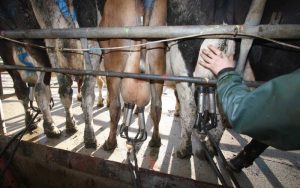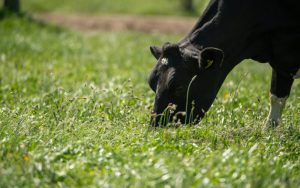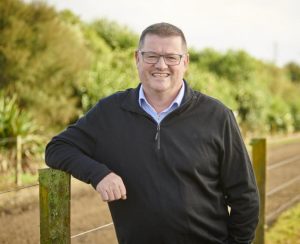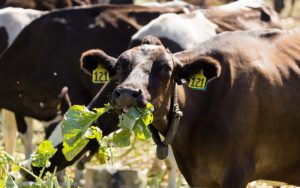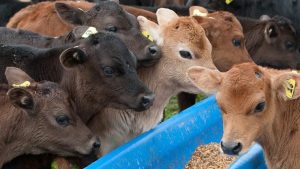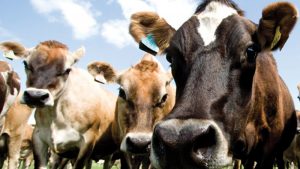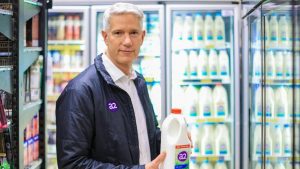
Before expanding five years ago, McLean had worked on the Waipu family farm for 45 years, but he was in the milk shed eight hours a day, which he says was not ideal.
Heading into his 60s his energy was waning and the prospect of more hours in the shed was not inviting.
”I was starting to struggle at my age,” McLean said.
Dairy NZ regional chair Chris Neill approached him and said, how about we lend a hand?
McLean said help was welcome. He had leased his cousin’s farm but without the man power or business support to make it work well. Later he bought 113 hectares but incurred debt.
Neill was a mentor engaged with the Northland Inc E350 programme that offered a three-year course for beef, lamb and dairy farmers to develop their business and environmental sustainability and gave wellbeing support. Neill brought in Dargaville farmer Dave Robinson and the trio worked on projects to develop the land and business systems.

McLean invested in a 30-a-side herringbone milking system, and focussed on cashing in his pines to pay off debt. The business plan included subdividing and selling 12 land blocks.
The two farm mentors guided him to relieve pressure from the outset and drop back to milking once a day.
”I was nudged along weekly by these guys on the set goals, and regular check-ins made me make the phone calls I needed to make to get things moving,” McLean said.
”I got pines felled and milled and used the money to pay off a block of land. At each step I was reporting on my progress.”
Mclean said this push and help meant he got the farm to a stage where he could step back and engage a share milker. He is now working a few hours a day on the farm and is financially on top.
“Dave was a volunteer mentor and drove an hour to come and see me, we are good friends now and I think it is awesome for farmers to associate with other farmers.”
The Northland Regional Economic Development Agency five-year project McLean participated in has a year to go. It had a target of getting 350 farmers on the programme, but late last year reached 379 farmers.
The funding is from the Ministry for Primary Industries (MPI), Northland Regional Council, DairyNZ and Beef+Lamb New Zealand.
Sustainable Food and Fibre Futures funds were gained last year. Project lead Luke Beehre says the new funding is targeted to build up associate farmer engagement, to ensure participants further support and engagement.
“It’s been something of a roller-coaster year for the programme as we navigated Covid-19 alert level changes and climatic challenges. However, E350’s relevance and applicability have been further reinforced throughout the past 12 months with our farmer-lead and farmer-focussed approach.” Beehre said.
“The programme’s triple bottom line lens of improved profitability, environmental sustainability and farmer wellbeing mean that farmers come out having progressed towards their goals and with the skills and network of support to help them continue to adapt to the changing farming landscape.”




